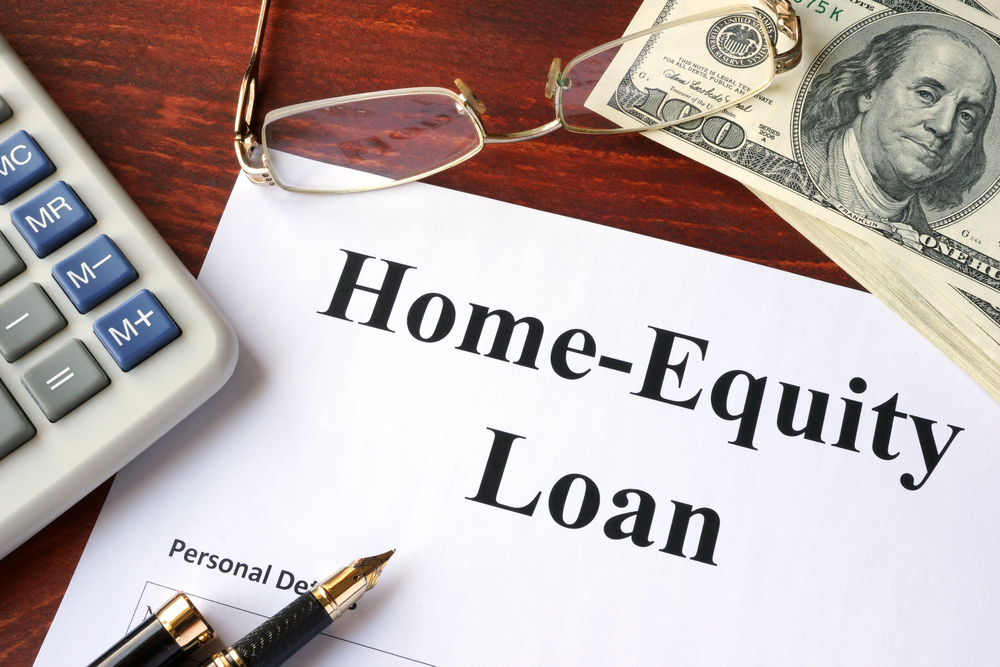4 Things to Consider Before Taking Out a Homeowner Equity Loan

If you own a home and have been considering taking out a loan to make some much-needed home improvements or pay off high-interest debt, you may have come across the option of homeowner equity loans. But before you take the plunge and borrow against the equity in your home, it’s important to consider several key factors carefully.
In this article, we’ll go over four things to consider before taking out a homeowner equity loan, so you can make an informed decision and choose the right option.
What is a Homeowner Equity Loan?
A homeowner equity loan, also known as a home equity loan or second mortgage, allows homeowners to borrow money using the equity in their home as collateral. These loans can be useful for homeowners who need to borrow a large sum of money and have built up significant home equity.
Things to Consider When Taking a Homeowner Equity Loan
Consider the following:
Your Current Financial Situation
Before applying for a homeowner equity loan, it’s important to look closely at your current financial situation. This includes reviewing your income, expenses, and debts to determine whether you can afford the monthly payments on the loan. It’s also a good idea to create a budget to see exactly where your money is going and identify areas where you might be able to cut back on spending.
The Purpose of the Loan
It’s important to clearly understand the purpose of the loan before applying for a homeowner equity loan. Are you using the loan to make home improvements, pay off high-interest debt, or fund a major purchase? Consider whether a homeowner equity loan is the best option for achieving your financial goals. For example, if you’re using a loan to pay off credit card debt, you might be able to save money by consolidating your debts into a lower-interest personal loan.
The Terms of the Loan
There are several factors to consider regarding the terms of a homeowner equity loan, including the interest rate, term length, and fees. It’s a good idea to compare different loan options to find the one that best meets your needs. For example, you might choose a fixed-rate loan if you want the security of knowing exactly what your monthly payments will be or a variable-rate loan if you think interest rates will go down in the future. Be sure to consider the fees and closing costs associated with the loan, as these can add significantly to the overall cost.
Alternatives to a Homeowner Equity Loan
Before committing to a homeowner equity loan, it’s a good idea to explore other financing options to see if there is a better fit for your needs. Some alternatives include a personal loan, a cash-out refinance, or a home equity line of credit (HELOC). Each option has its own pros and cons, so it’s important to research and consider which option makes the most sense for you.
Conclusion
It’s important to carefully consider your current financial situation, the purpose of the loan, the terms of the loan, and alternative financing options before committing to a homeowner equity loan. By doing your due diligence, you can make an informed decision and choose the option that best meets your needs.
The Cost Of Clutter: How Junk Impacts Your Finances
March 28, 2024
Comments are closed.
-
What To Expect From a Professional Drain Service
December 16, 2022 -
What Every Millennial Needs To Know About Buying A Home
February 28, 2024 -
Are You Ready to Concrete Your Driveway?
January 27, 2019
Latest Posts
-
6 Reasons Why You Should Live In The Bay Area
April 10, 2024 -
The Impact of Your Groceries
March 29, 2024 -
Elevate Your Space In Your Forever Home
March 28, 2024 -
The Cost Of Clutter: How Junk Impacts Your Finances
March 28, 2024
Recent Posts
- 6 Reasons Why You Should Live In The Bay Area April 10, 2024
- Experience the Benefits of Residential Water Softener Installation April 2, 2024
- The Impact of Your Groceries March 29, 2024
- Elevate Your Space In Your Forever Home March 28, 2024
- The Cost Of Clutter: How Junk Impacts Your Finances March 28, 2024












